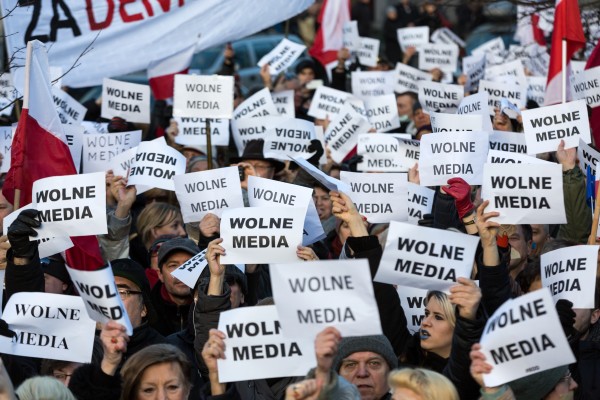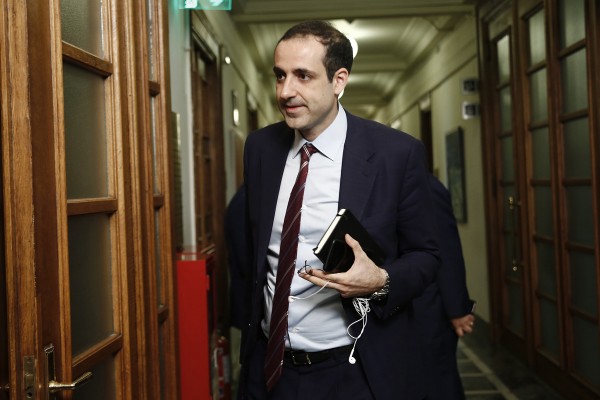The International Press Institute (IPI), the global network of editors, media executives and leading journalists, calls upon the Belgian brewery company, Interbrew NV, and its lawyers to halt its application to freeze the assets of the British daily newspaper, The Guardian.
On the basis of a press release issued by Interbrew and dated 22 July, it appears lawyers acting for the Belgian brewer are planning to apply to the High Court for an order freezing the assets of The Guardian unless it accedes to the request to hand over financial documents sent anonymously to the newspaper last year.
According to the press release, the application is being made because “The Guardian which has gone before the courts three times representing its interests as the recipient of the leaked and falsified documents… now suggests that the documents are not in its possession, rather they are in the possession of their journalist and that they are not willing to hand them over to the FSA.” The press release goes on to say that although a settlement proposal has been made “The Guardian is not willing to enter into a constructive settlement dialogue.”
Responding to the letter, Alan Rusbridger, editor of The Guardian, stated in a letter dated 22 July, “We are very disappointed and surprised at Interbrew’s threat to single out The Guardian… we indicated to Interbrew’s solicitors that we welcomed any attempt to resolve this matter, and we not unreasonably requested an extension to Interbrew’s deadline… That extension has been granted to the four other media organisations but not to us.” Finally, Rusbridger stated, “it is Interbrew, not The Guardian, who is not willing to enter into a constructive dialogue.”
Commenting on the situation, Johann P. Fritz, Director of IPI, said, “Given the importance of the principles involved Interbrew should await any future hearings before the European Court of Human Rights. I am also deeply perturbed by the decision of the company to press ahead with legal action against The Guardian.”
He went on to say, “It would seem to me that the newspaper is being unfairly penalised for attempting to uphold press freedom by refusing to bargain over questions of confidentiality.
Furthermore, Interbrew should also have awaited the outcome of the negotiations with the FSA. By announcing its decision to pursue The Guardian for what would appear purely vindictive reasons, Interbrew is undermining its own press release where it contends that it is ‘respectful of the issue of principle which The Guardian believes is involved in this matter’”.
Finally, Fritz said, “In seeking to freeze assets, Interbrew appears to be choosing the path of least resistance. It should allow the principles of confidentiality to be fully tested before acting. I am concerned that the freezing of assets will hinder The Guardian’s ability to print and publish. An outcome that would have considerable consequences for press freedom in the United Kingdom.”


